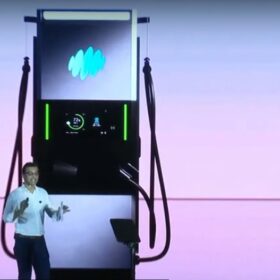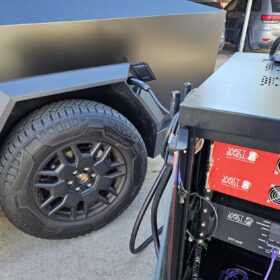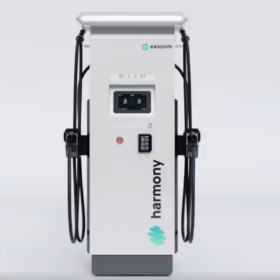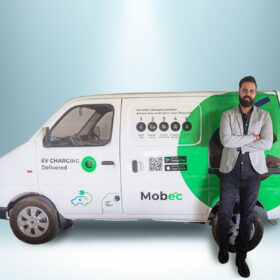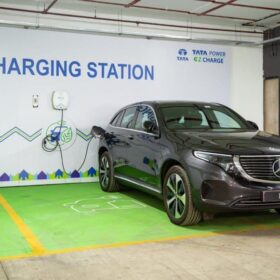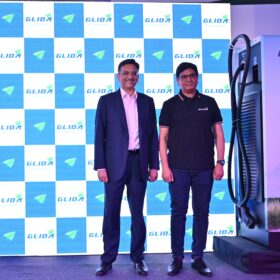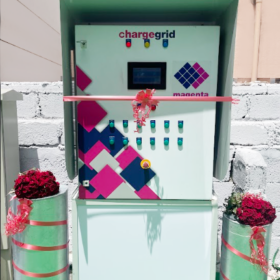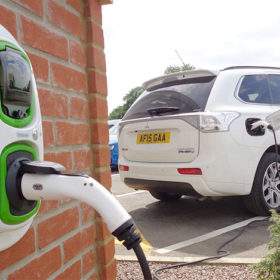Exicom unveils new DC fast charger, built for enhanced efficiency and reliability
India’s Exicom has launched its next-generation DC fast charger, Harmony Direct 2.0, engineered for reliability and efficiency in EV charging. The charger is powered by India’s first indigenously developed EV charger controller platform.
Erisha E Mobility secures $1 billion from UAE investor
Erisha E Mobility has secured $1 billion investment from a UAE-based investor to expand its operations in the UAE, Saudi Arabia, USA, Europe, and various African nations, in addition to strengthening its existing business in India.
Servotech Renewable signs agreement with France-based Watt & Well to make EV charger components in India
The collaboration will initially focus on the development of a 30kW power module for use in the Indian EV charging market.
Amara Raja Energy & Mobility Q1 profit rises 23% yoy
Amara Raja Energy & Mobility Ltd has reported a standalone total income of INR 3,156.74 crore and a net profit of INR 244.55 crore for the first quarter (April-May-June) of FY 2024-25.
Exicom launches India’s fastest DC charger for electric vehicles
Exicom’s Harmony Gen 1.5 DC Fast charger features a modular construction enabling power outputs from 60 kW to 400 kW. The charger is suitable for in-city, highways or heavy duty fleets.
Innovations in EV charging infrastructure
With the introduction of fast-charging stations, sophisticated battery technology, intelligent charging schemes, and bidirectional charging capabilities, electric vehicles are now more feasible, practical, and affordable than in the past.
Tata Power surpasses 62,000 home EV chargers milestone
Tata Power’s installed home EV charger base now extends beyond 62,000 with 11,529 new deployments done in Q2 FY 2024.
Fortum Charge & Drive unveils new brand identity, eyes 3,000 EV charging points by FY 2025
Fortum Charge & Drive India has unveiled its new brand identity ‘Glida’ signifying its commitment to delivering a seamless electric vehicle (EV) charging experience in India. Glida plans to increase the number of its EV charging points to 3,000 by 2025 from around 450 at present.
Magenta Mobility unveils EV charger with 12 outputs
Magenta Mobility has launched an electric vehicle (EV) charger that can charge 12 EVs simultaneously. The charger is especially suited for charge point operators, fleet operators, community parking bays, and residential complexes.
EVs may account for more than half of global car sales by 2040: BNEF
Electric vehicles could account for more than half of all passenger cars and buses sold throughout the world within the next two decades, according to a new report by BloombergNEF. Sliding lithium-ion battery costs will make EVs cheaper than vehicles based on internal combustion engines by the mid- to late-2020s, the research firm says.
